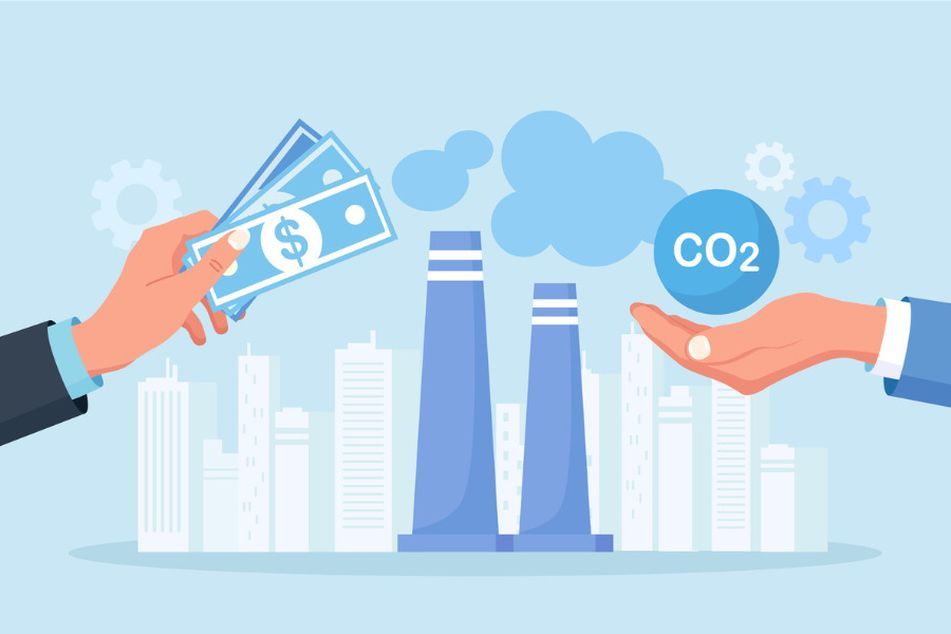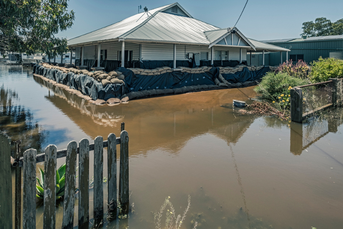New carbon rules may wipe out investor value, warns $220B firm

Enhanced carbon offset reporting may decimate value of some projects.
New standards for the global carbon offsets market threaten to wipe out “a lot” of value for investors, according to Lombard Odier.
In an attempt to improve the quality of the $1.3 billion market for offsets, the Integrity Council for the Voluntary Carbon Market’s new guidelines require projects to include 40 years of emissions monitoring and reporting, to ensure the credits continue to work as designed.
“A lot of existing methodologies or existing credits don’t meet that requirement,” said Lorenzo Bernasconi, head of carbon solutions at Lombard Odier Investment Managers. Those that don’t “will be trading at a much lower price, if not be stranded altogether.”
Concerns about junk credits — offsets that don’t deliver the promised emissions-removing or avoiding benefits — are shaking faith in the market. Buyers retired 11% fewer credits this year through August, compared with the same period in 2022, according to BloombergNEF. The world’s largest trader of carbon-removal credits, Trafigura Group, recently took steps to shield clients from credits linked to a discredited forestry project.
Released in July, the ICVCM’s new criteria has already been adopted by Verra, one of the biggest carbon offsets registries, joining the American Carbon Registry and Climate Action Reserve in imposing the 40-year monitoring requirement. If more registries follow suit, it would risk stranding legacy assets, Bernasconi said.
Verra said in an email that “many projects” already meet or exceed the new standard, adding that projects can also be updated to comply. Rival Gold Standard hasn’t conducted a review, but “we believe that most of our projects have a crediting period of over 40 years,” the company said in an email.
Estimates by Trove Research, a UK-based carbon research firm, suggest fewer than 20% of projects have a high likelihood of meeting the ICVCM’s new guidelines and those that do will command higher prices.
Credits that are incompatible with global net zero goals, such as enhanced oil recovery or unabated coal-fired electricity generation, also may be stranded, Bernasconi said.
Lombard Odier, which oversees about $220 billion, started its Global Carbon Opportunity strategy last November, investing mainly in compliance credits for institutional clients.
The Swiss firm is monitoring compliance markets in emerging economies including China and South Korea, Bernasconi said. Foreign investors can’t participate yet, but he expects “significant price appreciation” in the next three to five years. To match mature markets like Europe, prices would have to increase tenfold.
Lombard Odier also is bullish on demand for credits generated by forest conservation, Bernasconi said, in part because some have been approved for use by airlines under the Carbon Offsetting and Reduction Scheme for International Aviation, or CORSIA.
Learn more about reprints and licensing for this article.








